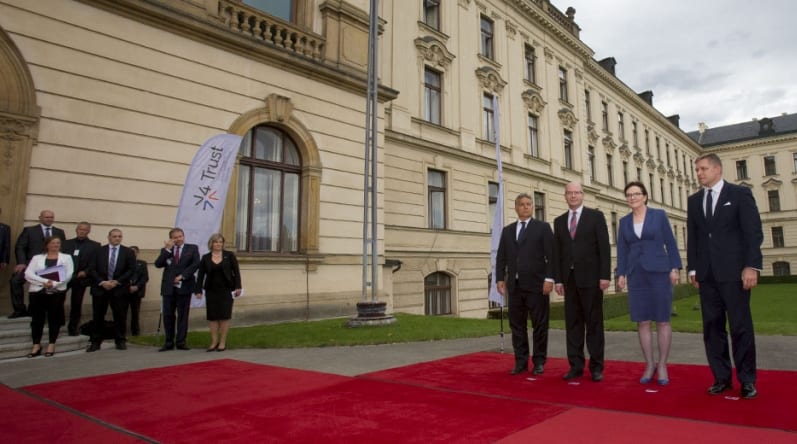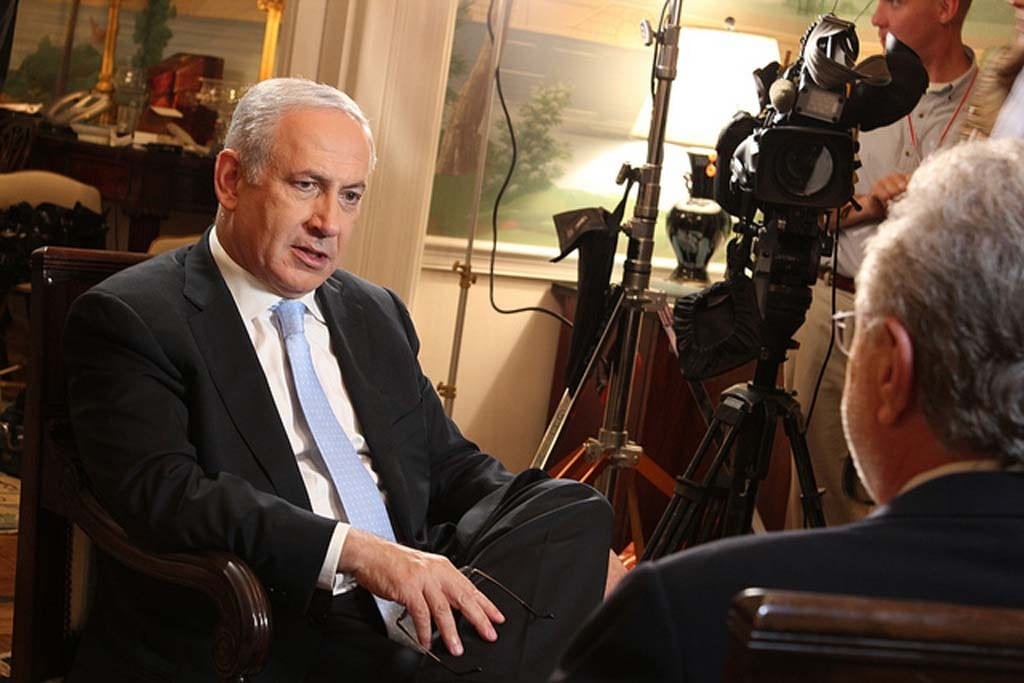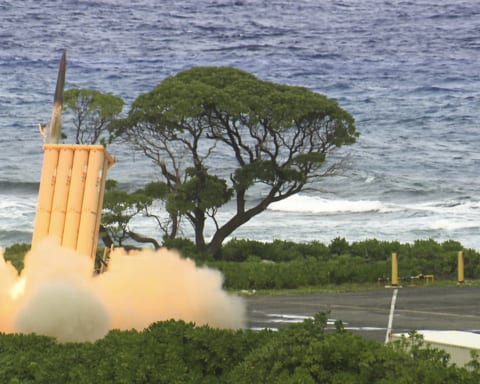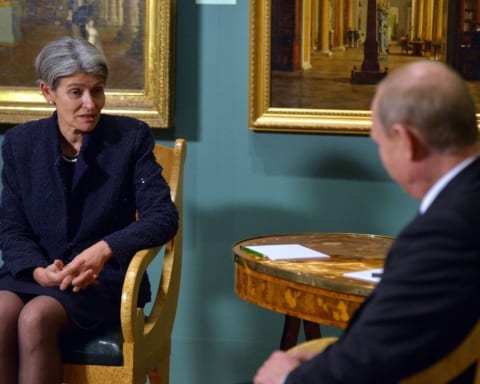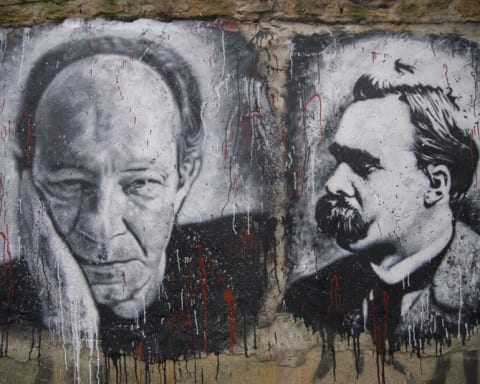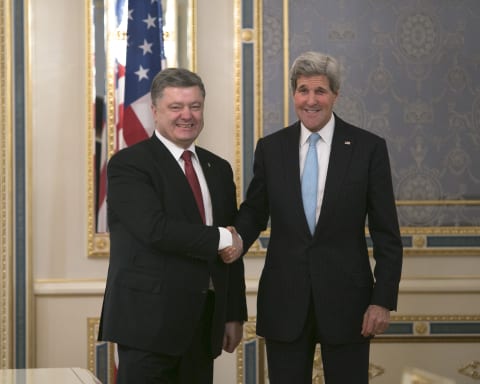In an op-ed piece in the New York Times on February 9th, Vice-President Joe Biden outlined the White House’s argument for the US Congress to pass a billion dollar aid package to El Salvador, Guatemala and Honduras as part of the proposed budget for 2016. Without the realistic prospect of a larger immigration reform being passed in Congress, this push for foreign aid falls into the White House’s piecemeal approach to immigration reform. Up to now President Obama has used executive orders to push his immigration agenda, most notably an order that called for minors brought to the country before 2010 to not be targeted for deportation. However, unlike an executive order, the plan for foreign aid to Central America requires Republican support in Congress. So far, lawmakers are not discussing the proposed aid and what it would mean for immigration or foreign policy in the press.
The plan outlined by Biden aims to support reforms to the security, education, tax, foreign investment and judicial systems in the three small, but long-suffering nations. By improving the economic, security and political situations in these countries, the White House hopes to limit further border crossings. In particular, they hope to avoid future crises similar to last summer when tens of thousands of mainly Central American minors crossed the US-Mexico border. As part of a multi-pronged approach to immigration policy, including more border patrol, the White House wants to use foreign aid to stop immigration at the source. In response to Biden’s arguments, on February 9th, the New York Times editorial board supported the “merits of the White House’s long-term approach.” They also spoke to the goal of increasing US influence in its own backyard. China is becoming ever more involved in Latin America not only as a consumer of its raw materials, but also as an investor in infrastructure, for example the proposed canal in Nicaragua, in addition to serving as a creditor to leftist-leaning nations such as Venezuela, Ecuador and Argentina.
While the Times may applaud the long-term planning, this proposed aid is clearly a reaction to the immigration crisis last summer, albeit a welcome one. The causes of the systemic problems facing the three nations are multifaceted, but did not surface last summer. Corruption, weak institutions, instability, civil wars, coups, and crimes against humanity defined the Central American 20th century. These nations no longer suffer open military conflict, but drug trafficking and gang related murders put all three of these countries in the top ten in homicide rates worldwide.
In the op-ed Biden states that the US will provide assistance because Central American governments “took ownership of the problem.” While all governments should take responsibility for their failings, Mr. Biden’s statement is an attempt to deflect the US’ historic relationship with and responsibility to the region. From the Monroe Doctrine, the banana republics, and the Cold War to the War on Drugs, US influence has dominated politics in these three nations. It is shameful that it took a humanitarian crisis for the US to finally propose supporting real reform in the region. However, the plan laid out by Biden is a step in the right direction and a hopeful sign that the US will take a more proactive approach to improving the political and economic situation in its backyard. The need to have secure borders is clear to all, but only by improving the situation in potential émigrés home nations can the US hope to truly solve the immigration issue. Be it to stem immigration, aid needy neighbors or increase influence in the region, the US government needs to decide if it wants to be proactive in a region that it has traditionally treated as an afterthought. If not, the US will just be reacting to the next crisis.


